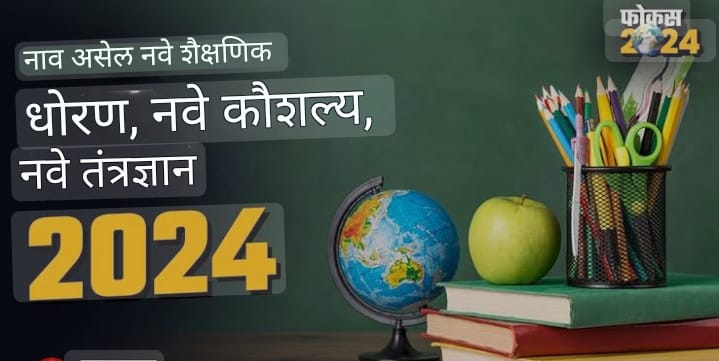
Dainik India news 24X7 New Delhi:In a transformative decision, the Government of India has given the green light to the New Education Policy (NEP 2023), marking a historic overhaul of the education system after 36 years. This reform replaces the earlier education policy introduced in 1986, signaling a commitment to modernize and adapt Indian education to the needs of the 21st century.
Historical Context of Education Policies
India’s journey with structured education policies began with the First National Education Policy of 1968, which emphasized equal opportunities and the three-language formula. In 1986, the Second Education Policy was implemented, focusing on removing disparities and promoting vocational education. For over three decades, this policy shaped the educational framework, but with rapid technological advancements and global shifts, the need for a new vision became imperative.
Recognizing these changes, the New Education Policy 2023 aims to address contemporary challenges and opportunities in education by restructuring the curriculum, teaching methods, and learning outcomes.
The Revolutionary 5+3+3+4 System
The traditional 10+2 system has now been replaced with a more dynamic and flexible 5+3+3+4 structure, which caters to different developmental stages:
Foundational Stage (5 Years)
- Nursery: 4 years
- Junior KG: 5 years
- Senior KG: 6 years
- Class 1: 7 years
- Class 2: 8 years
Preparatory Stage (3 Years)
- Class 3: 9 years
- Class 4: 10 years
- Class 5: 11 years
Middle Stage (3 Years)
- Class 6: 12 years
- Class 7: 13 years
- Class 8: 14 years
Secondary Stage (4 Years)
- Class 9: 15 years
- Class 10 (SSC): 16 years
- Class 11 (FYJC): 17 years
- Class 12 (SYJC): 18 years
Major Historical Shifts in Education
End of MPhil Programs: The policy discontinues MPhil, a significant shift in higher education, streamlining pathways to PhD programs.
Board Exams Limited to Class 12: Mandatory board exams for Class 10, a long-standing feature of the Indian education system, have been eliminated.
Mother Tongue Instruction: Up to Class 5, students will learn in their mother tongue, aligning with historical traditions of regional learning while preserving cultural identities.
Higher Education Revolution
The New Education Policy envisions flexibility and accessibility in higher education:
Three-Year and Four-Year Degree Options:
Three-Year Degree: For students who opt out of higher studies.
Four-Year Degree: Provides an accelerated path for advanced education, allowing students to complete a Master’s degree in one year.
Direct PhD Entry: Students can now pursue a PhD immediately after completing their MA.
Flexibility in Learning: Students can take breaks and pursue other courses during their degrees, fostering a multidisciplinary approach.
Vision for the Future
The policy aims to achieve a Gross Enrolment Ratio of 50% by 2035, a monumental goal compared to past decades. Additionally, e-courses in regional languages, virtual labs, and a National Educational Technology Forum (NETF) will pave the way for digital learning, making education more inclusive and future-ready.
This historic reform ensures uniform regulations for all educational institutions — government, private, and deemed — thus setting the stage for a more equitable and progressive education system.
In conclusion, the New Education Policy 2023 stands as a watershed moment in India’s educational history, aligning tradition with modernity and preparing the youth for the challenges and opportunities of a globalized world.
